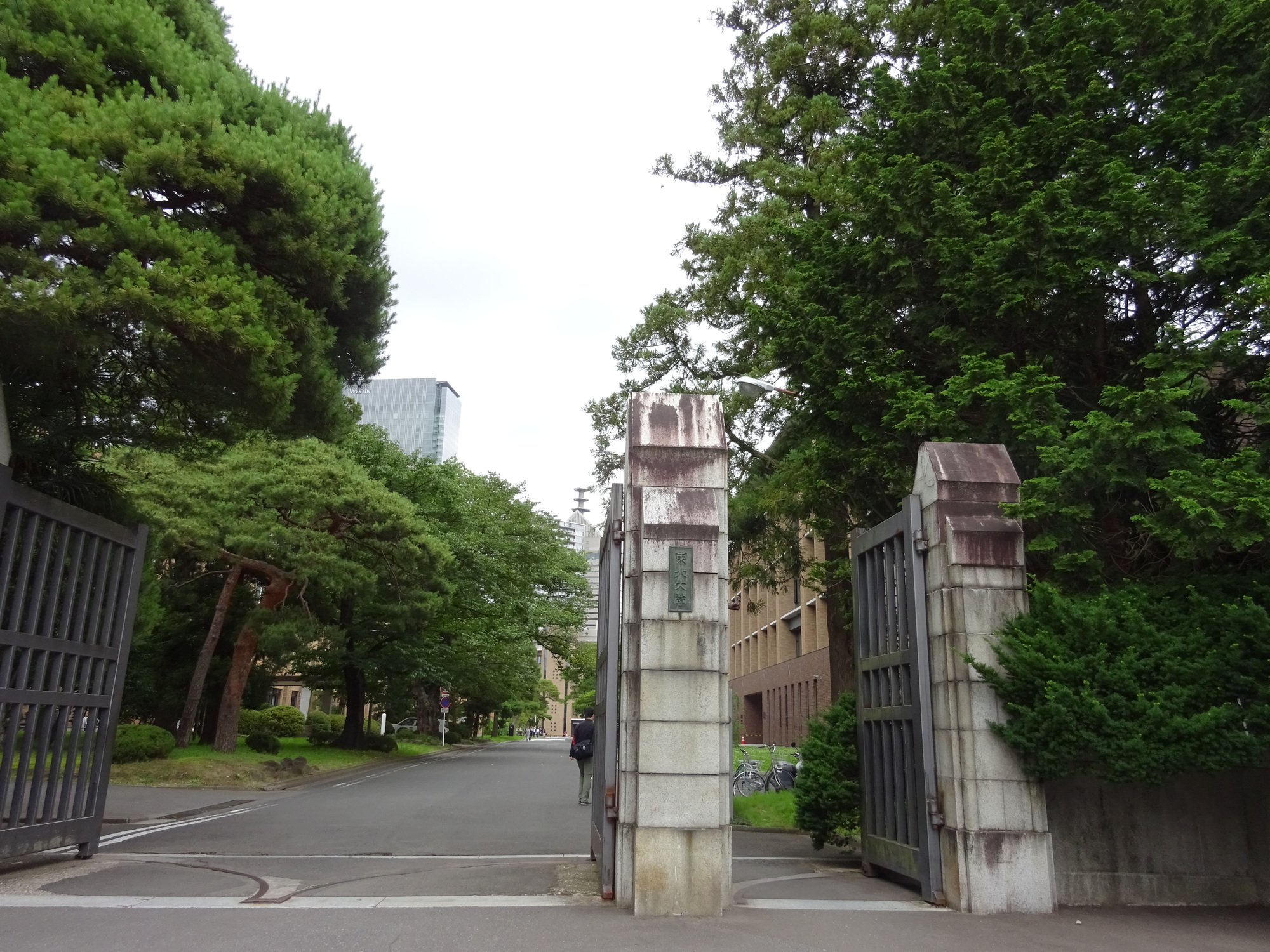A research group led by Atsushi Suzuki, a part-time lecturer at the Graduate School of Medicine, Tohoku University, introduced genes into the inner hair cells (sensory cells that receive sound and transmit it to the brain) in the inner ear of adult mice with low invasiveness and high rate. A new method was established and published in the British scientific journal "Scientific Reports".
Until now, there is no effective treatment for sensorineural hearing loss that develops in adulthood, so research and development of new treatments have been required.One of the leading candidates for treatment of deafness is gene transfer using a virus for cells of the inner ear, but since the inner ear is surrounded by small and hard bones, the virus is administered without damaging the inner ear. Was difficult.Furthermore, with the existing virus type, it was difficult to introduce the gene into the inner hair cells at a high rate.
Therefore, the group succeeded in introducing the gene efficiently and minimally invasively by creating a new special virus type and combining it with a virus administration method that does not easily damage the inner ear.With the method established this time, there is a possibility that the effect of gene therapy on sensorineural deafness such as noise-induced deafness and age-related deafness can be evaluated using various disease model mice.
Since adeno-associated virus has already been clinically applied to humans, it is expected to contribute to the development of gene therapy for adult-onset sensorineural hearing loss in humans for which no effective treatment has been available so far.
Paper information: [Scientific Reports] Cochlear gene therapy with ancestral AAV in adult mice: complete transduction of inner hair cells without cochlear dysfunction

